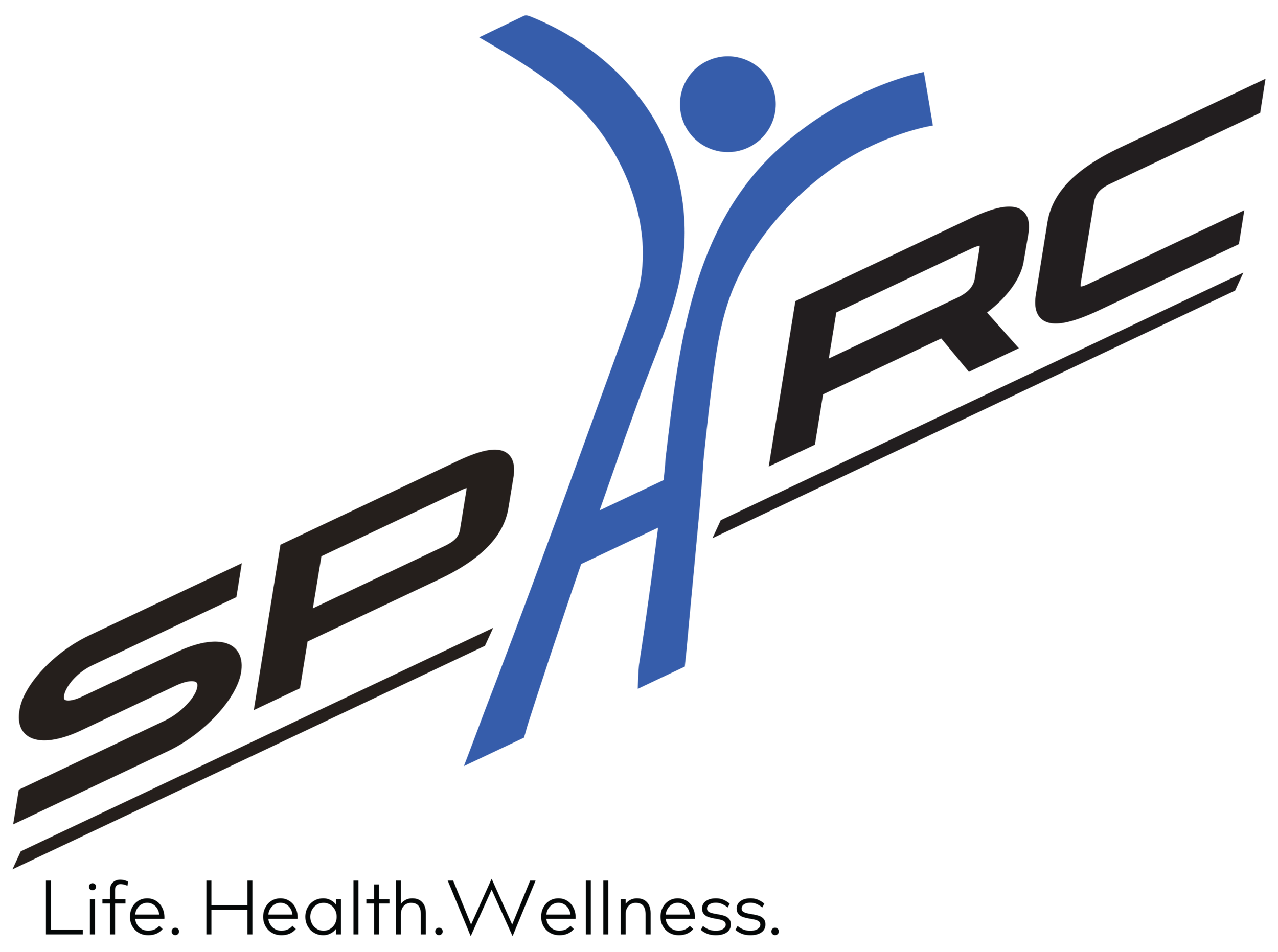Functional Restoration
A functional restoration program is completely different than the standard Western medical approach to pain. Instead of solely focusing on the physical structure of the body or the site of pain, a functional restoration program takes a holistic approach to reclaiming function. This includes treating the many factors that create and affect pain. While SPARC functional restoration patients do receive medical guidance by a pain physician, they also receive cognitive, movement, strength and nutrition training to manage pain and aid return to work. Such behavioral training enables patients to learn long term independence, rely less on medical treatments and to be capable and responsible for improving their own health and pain management.
Program Structure
Typically 8 weeks, depending on progress
8:30 am to 12:30 pm M-Thurs, 8:30 am to 11:30 am Fridays (English Speaking & Non-Spanish Speaking Class)
12:45 pm to 4:45 pm M-Thurs, 11:45 am to 2:45 pm Fridays (Spanish Speaking Class)
Movement therapy, therapeutic exercise, strength & conditioning
Pain management behavioral training including cognitive behavioral therapy and stress reduction
Vocational counseling
Nutrition education
Art therapy
Medical management including medication optimization
Goals include:
Restoration of physical conditioning and functional abilities
Reduction in behavioral or emotional barriers to function
Return to work (or work readiness)
Increased independence in managing pain and decreased reliance on traditional medical management
Improved life quality and relationships
We set individual goals for each participant, based on their particular circumstances and needs.
Modified Functional Restoration / Work Conditioning
Some candidates need minimal-to-moderate assistance in regaining function and returning to work. They may already be working on a modified basis and are seeking a return to full duty. Work conditioning is a shorter, less extensive program option that primarily focuses on reconditioning the body.
Program structure:
Typically 4-6 weeks, 2-3 days per week, depending on progress
Movement therapy, therapeutic exercise, strength & conditioning
Exercise education, including body mechanics and independent exercise program design
Aftercare:
SPARC’s post-program alternative provides additional support on a twice per week basis to program graduates to include monitoring of home exercise regimen and emotional issues that may have arisen affecting progress, and continuation of vocational guidance.
Are you a SPARC Med candidate?
The typical candidate for the SPARC approach is someone who has undergone extensive medical and/or surgical treatment with only temporary or minimal improvement.
Specific factors that make functional restoration an appropriate option include:
Significant deconditioning from diminished activity due to pain, fatigue or illness
Psychosocial factors such as depression or stress that exacerbate the pain
Sleep disturbance related to pain
Over-reliance on medication for pain control
Family disruption due to pain and functional limitations

